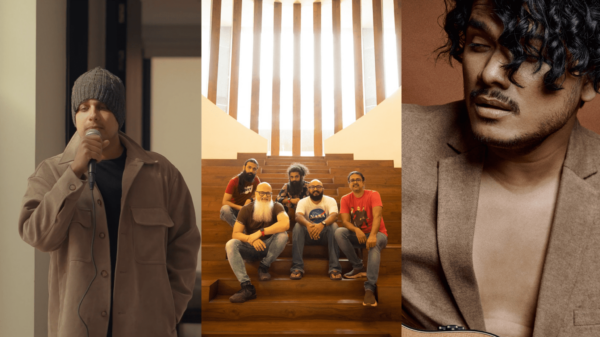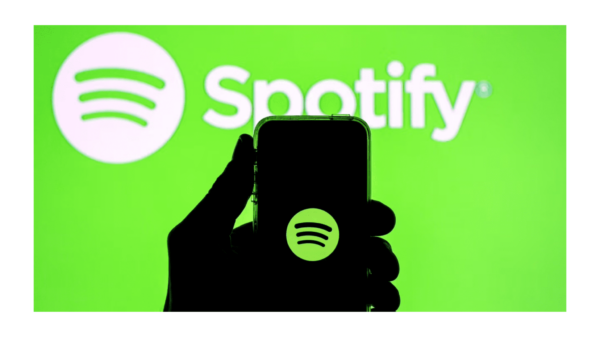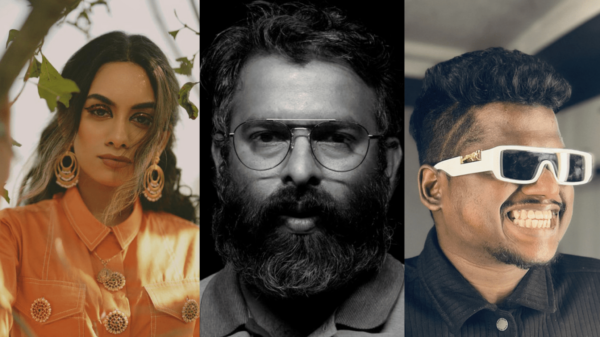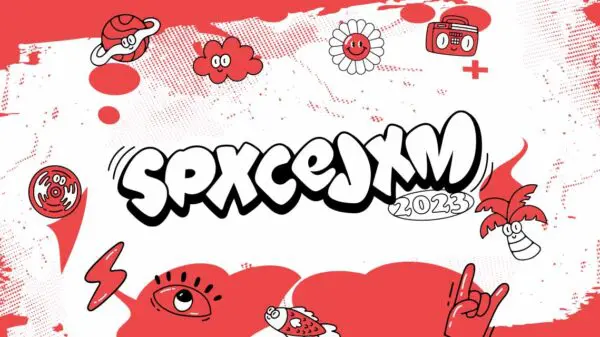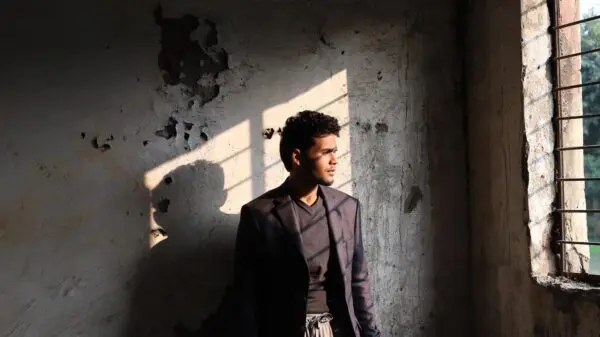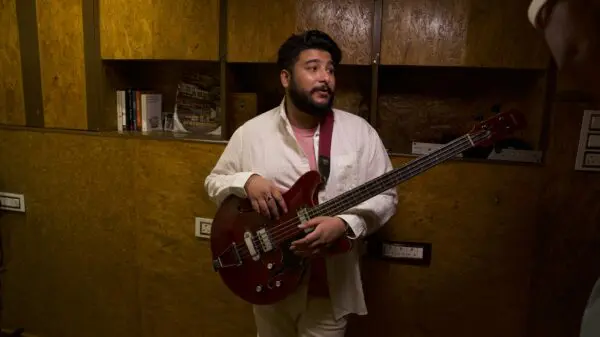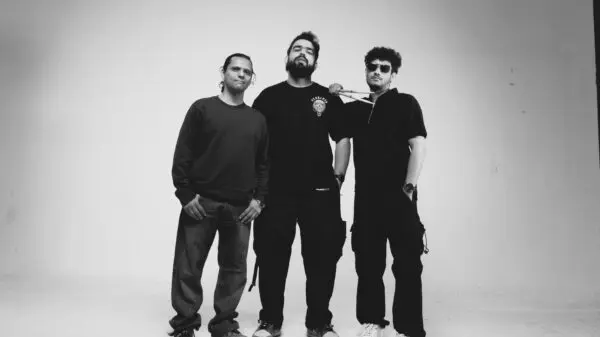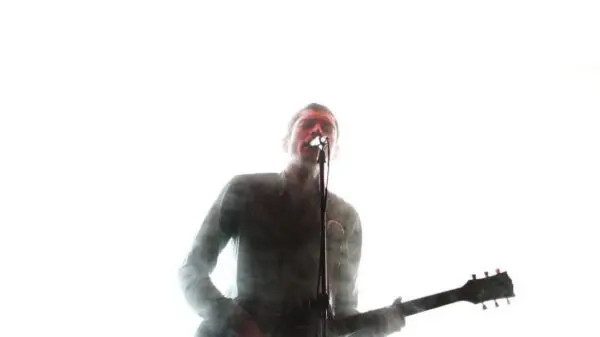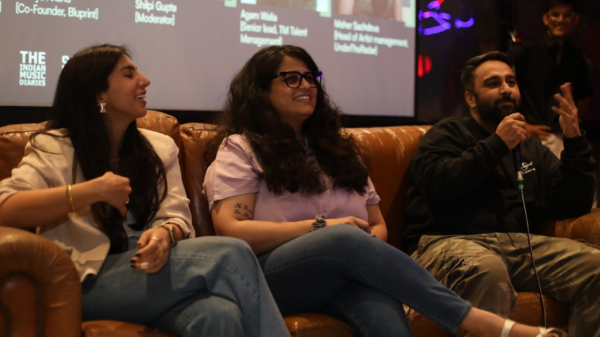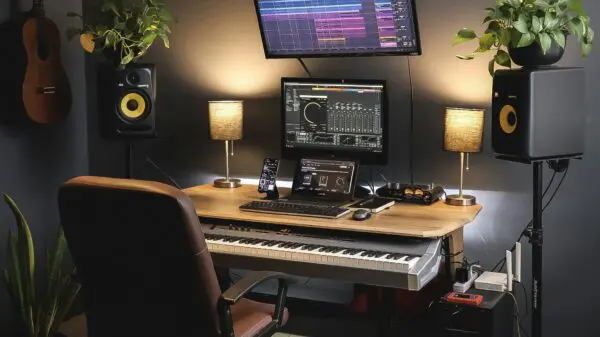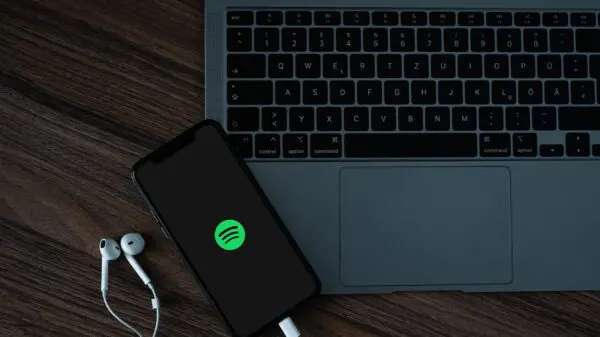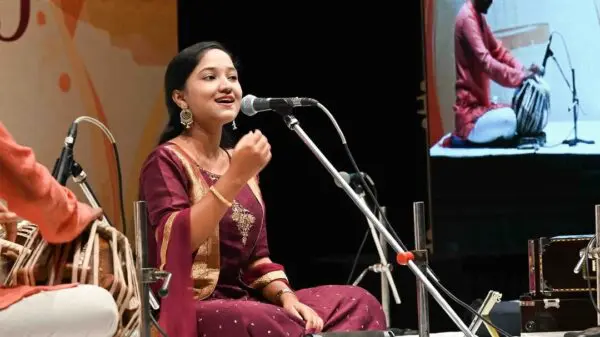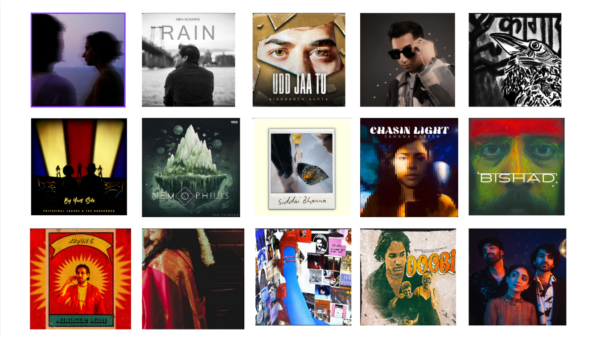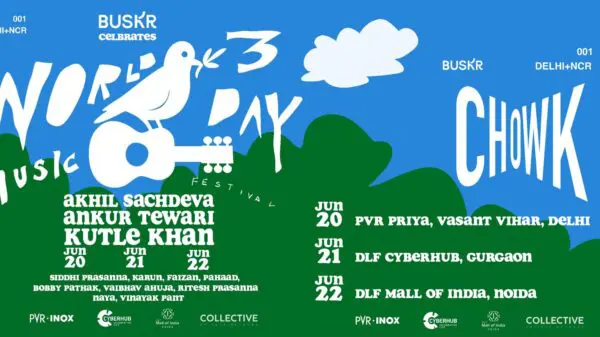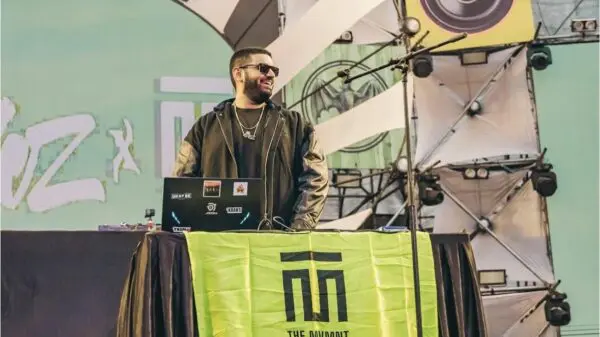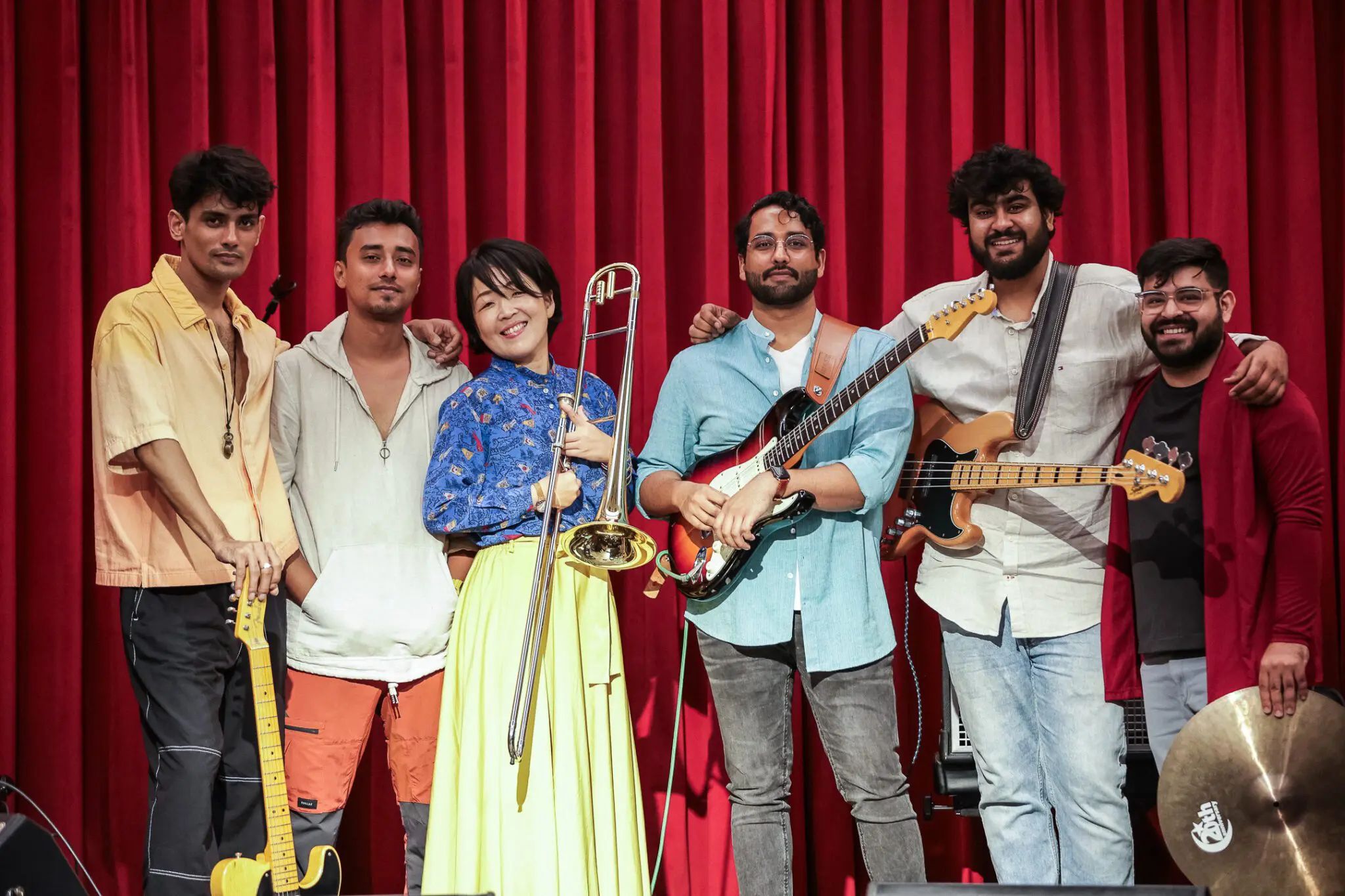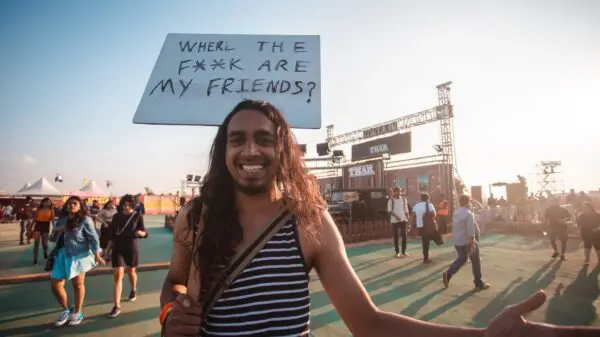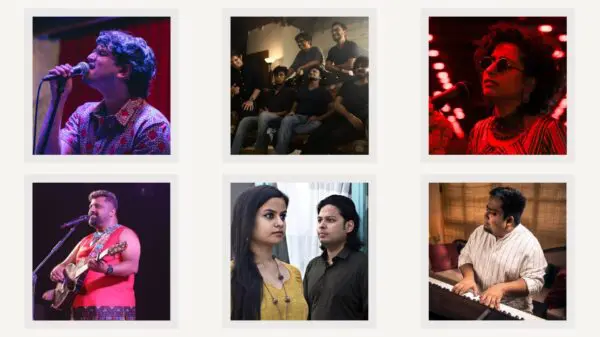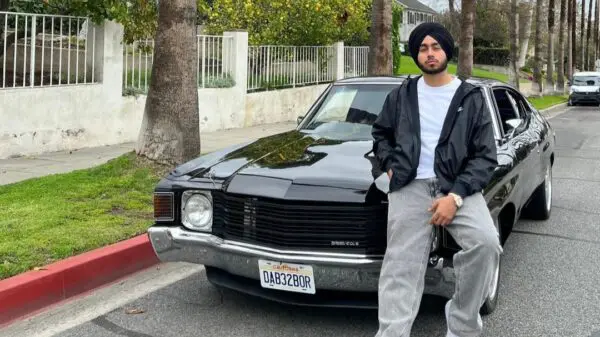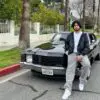Chizai is a band hailing from New Delhi whose music can be placed anywhere between pop and R&B to Soul and often beyond. Started in 2013, they recently released their Flamenco – pop track ‘AWOL.’ In a conversation with us, the band talked about their latest track, influences, and journey so far.
1.Tell us a bit about your band. How did you all meet?
How we all met is a very long and interesting story. To cut it short, let’s divide it into two phases:
pre-COVID Chizai, and post-COVID Chizai. Pre-COVID, as college friends, Sultan, Chie, and Ajitesh played as a soft-rock, semi-acoustic band, with mellow sounds of Trombone, Cajon, Guitar, and Keys. Those were, one could say, our formative years, as we were discovering our sound, vibe, and style. We dabbled in electronica, lo-fi, and everything else in between. Post-COVID, our long-time friends Kartik, Arjun, and Sarthak decided to join us, completing the traditional narrative of a band with bass, electric guitars, and drums, and that is what is defining our sound now.
2. Which bands/artists were your first love and who is your biggest influence?
We all grew up in different cities, nations, and cultures, and thus, there are a lot of varied influences for each one of us. Growing up in Japan, Chie was influenced by a lot of Western Classical and funk icons Tower of Power, while back home, Sultan was being influenced by the likes of Coldplay and The Lumineers, and Ajitesh by The Cranberries and Bob Dylan. Guitar legend John Scofield had a huge influence on Kartik, and Gavin Harrison on our drummer Sarthak, while our bassist Arjun has a great influence from Sting, Jaco Pastorius and Victor Wooten.
3. You just released a single, “AWOL”. Tell us a bit about it. What’s the song about?
AWOL is about getting ghosted— an absolutely horrible thing to feel. We just decided to put that into words. Simply, it is about that one phone call that was not picked up when you really wanted it to be picked up.
4. What was your music-making and recording process like?
Since flamenco is not our primary genre, we all decided to take it up as a challenge, an assignment of sorts. We listened to a lot of flamenco songs to get the feel and the rhythm of it, and Kartik’s experience in classical guitar helped a lot. References from greats like Al Di Meola also helped a lot. Basically, it was a very constructive group exercise for us, with all of us coming up with suggestions for each other and deciding the nit-bits for each factor of the production.
The recording process was interesting as well because it started with a scratch recorded in a voice memo. After numerous jams, we recorded another scratch as a basement for our final recording. But because it was a very dynamic process and flamenco being very new for us, a lot of parts were decided and recorded very spontaneously. The melodica was a very last-minute addition, and the parts were made on the spot while recording, as with guitars and the trombone.
Apart from drums, which were recorded in Blacksheep studios, all the Chizai material has traditionally been recorded in our own studio.

5. How is ‘AWOL’ different from your previous music?
As we mentioned, flamenco was not our primary genre all. So, it is as fresh for us as it is for our listeners. It also does not have any electronic element in it, a deviation from our previous songs. The groove, the instrumentation, the vocal patterns, everything is as non-Chizai as it can get. Honestly, it has become one of our favorite songs to perform as well!
6. Why Flamenco – Pop?
When Sultan wrote this song, he was checking different BPMs to settle on a groove for it. Around 105-110 BPM sounded nice, and then he was playing around with different rhythms: swing, shuffle, all of those. Somehow, he landed on this flamenco groove, and collectively we decided on our twist to this genre.
7. Why do you make music? What drives you as a band and what are your songs about?

Firstly, we make music for ourselves. Before being musicians, we are listeners of music, and we make songs that we want to hear. Like Quentin Tarantino said, “Make the movie we’ve never seen before because you haven’t made it,” we make music so that there are a little less of untold stories in the world. Our songs are about things that everyone feels, but don’t put a word to them. Love, life, loss, finding, wounding, healing.
What drives us as a band is our innate sense of friendship. We are friends first and bandmates second, unlike the other way around. Because of the varied musical tastes and interests we share, composing and recording are always a super fun experience.
8. Which Indian bands or artists do you admire? And why?
There are so many amazing artists in India right now that it’s almost impossible to pick a few. But if we have to, we really admire the work of The Local Train, Siddharth Pandit is doing some really cool stuff with his “Azaad Sangeet” project, Gujarati rapper Dhanji, and Delhi-based blues band Blu.
9. What’s your take on the independent music scene in India?
It’s definitely evolving almost every day. We get to see a lot of new concepts, and new artists trying to break the pre-established mould. The fanbase is pretty loyal, and some of the venues are very supportive. It’s a great time to be an independent artist right now, in our opinion! The best part is the creative freedom we enjoy when creating music.
The band also has a self curated show coming up on the 15th of December, at Depot48, New Delhi. Get your tickets now!

